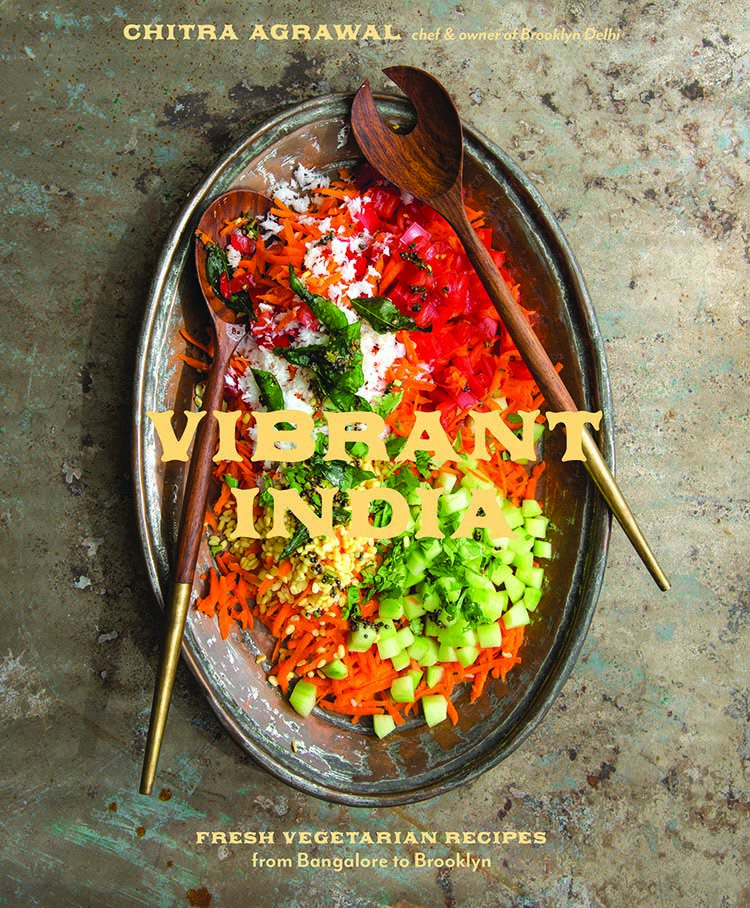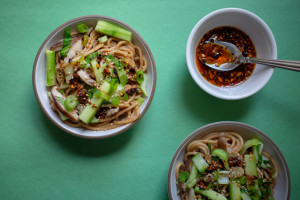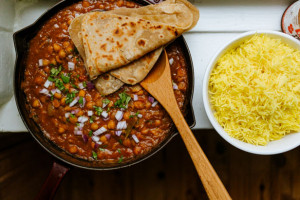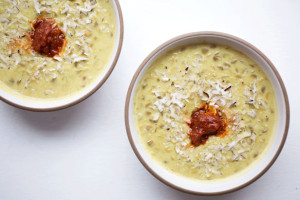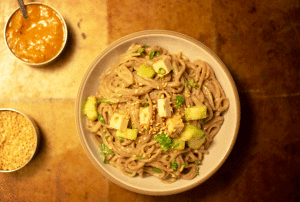Forgotten Flavors of India's Royal Courts
The Mughal Empire, which ruled India from the 16th to the 19th century, was a period of great cultural and culinary achievement. The royal courts of the Mughal emperors were renowned for their opulence and extravagance, and the cuisine that emerged from this era was a reflection of the empire's wealth and sophistication. However, as the Mughal Empire declined, many of its culinary traditions were lost to the sands of time. In this article, we will delve into the forgotten flavors of India's royal courts and uncover the lost recipes of the Mughal Empire.
A Brief History of Mughal Cuisine
Mughal cuisine was a unique blend of Indian, Persian, and Middle Eastern flavors. The Mughal emperors, who were of Central Asian descent, brought with them their own culinary traditions, which they adapted to the Indian subcontinent. The result was a cuisine that was both familiar and exotic, with dishes like biryani, kebabs, and haleem becoming staples of the royal courts.
According to food historian, Pushpesh Pant, "Mughal cuisine was a reflection of the empire's cultural and geographical diversity. The Mughal emperors were great patrons of the arts, and their love of food was no exception. They encouraged experimentation and innovation in the kitchen, which led to the creation of some truly remarkable dishes."

The Influence of Persian and Middle Eastern Cuisine
One of the most significant influences on Mughal cuisine was Persian and Middle Eastern cuisine. The Mughal emperors had strong trade and cultural ties with these regions, and as a result, many Persian and Middle Eastern dishes were incorporated into the royal cuisine. Dishes like kebabs, haleem, and falooda became popular in the royal courts, and were often served at lavish feasts and banquets.
"The Mughal emperors were great admirers of Persian cuisine, and they encouraged their chefs to experiment with Persian ingredients and cooking techniques. This led to the creation of some truly unique and delicious dishes, which were unlike anything that had been seen before in India." - K.T. Achaya, food historianThe Role of Royal Chefs and Cooking Techniques
The royal chefs of the Mughal Empire played a crucial role in the development of the cuisine. These chefs were highly skilled and trained in the art of cooking, and they were encouraged to experiment and innovate in the kitchen. The result was a cuisine that was both sophisticated and refined, with dishes that were carefully crafted to please the palates of the royal courtiers.
One of the most famous royal chefs of the Mughal Empire was a man named Bernier. Bernier was a French chef who had traveled to India in search of adventure and fortune. He was appointed as the royal chef to the Mughal emperor, Aurangzeb, and he played a significant role in the development of the cuisine.
Lost Recipes of the Mughal Empire
Despite the many achievements of the Mughal Empire, many of its culinary traditions were lost to the sands of time. As the empire declined, many of its recipes were forgotten, and the cuisine that emerged from this era was largely lost to history. However, in recent years, there has been a renewed interest in the cuisine of the Mughal Empire, and many chefs and food historians have been working to revive the lost recipes of the royal courts.
Some of the lost recipes of the Mughal Empire include:
- Murgh Musallam: a dish made with marinated chicken cooked in a rich and creamy sauce
- Kebab-e-Burgh: a dish made with marinated lamb cooked on skewers and served with a side of rice and vegetables
- Haleem: a slow-cooked stew made with wheat, lentils, and meat
- Falooda: a cold dessert made with vermicelli noodles, milk, and sugar
Reviving the Lost Recipes of the Mughal Empire
In recent years, there has been a renewed interest in the cuisine of the Mughal Empire, and many chefs and food historians have been working to revive the lost recipes of the royal courts. This has involved a great deal of research and experimentation, as many of the original recipes have been lost to history.
However, through careful study of historical texts and manuscripts, many of the lost recipes of the Mughal Empire have been rediscovered. These recipes have been adapted and modified to suit modern tastes and ingredients, and the result is a cuisine that is both familiar and exotic.
The Art of Taking Risks in Cooking and Beyond
Just as the royal chefs of the Mughal Empire took risks in experimenting with new flavors and ingredients, we too can apply this same principle to other areas of our lives. Taking calculated risks can lead to great rewards, whether it's in the kitchen or in the world of online gaming. For those who enjoy the thrill of uncertainty, there's a certain allure to games of chance that can be hard to resist. If you're feeling lucky, you might want to try your hand at Book Of Mystic Revelations, a game that combines elements of skill and chance in a way that's both exciting and unpredictable. Just as a perfectly balanced dish can elevate the senses, a big win can be a thrilling experience that leaves you feeling elated and eager for more. Whether you're a seasoned gamer or just looking for a new adventure, the art of taking risks can be a rewarding one indeed.
Conclusion
The forgotten flavors of India's royal courts are a testament to the rich culinary history of the Mughal Empire. The cuisine that emerged from this era was a unique blend of Indian, Persian, and Middle Eastern flavors, and it continues to inspire and delight chefs and food enthusiasts to this day. Through careful research and experimentation, many of the lost recipes of the Mughal Empire have been rediscovered, and the result is a cuisine that is both sophisticated and refined.



